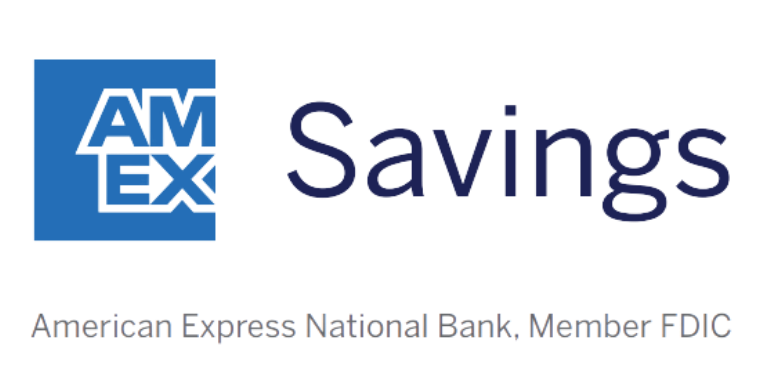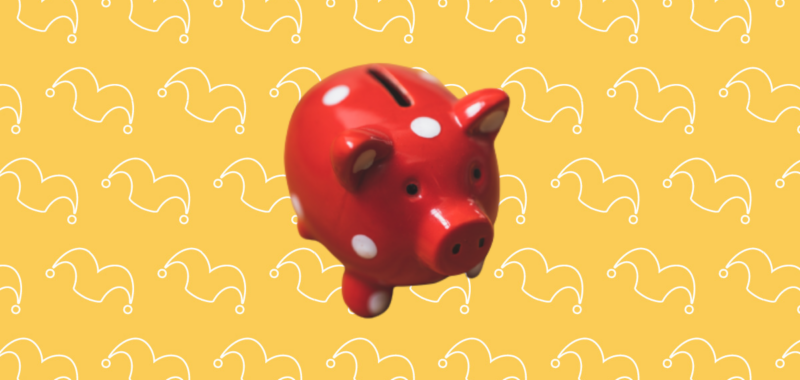Unlike some savings products (like CDs, for example), when you open a high-yield savings account (HYSA), you’re signing on for a variable interest rate. You might start out earning 4.50% or 5.00% on the account, only to see that rate fall to 3.50% over time.
This is a bummer, especially if you’ve gotten used to that nice little bump of interest being added to your balance every month. And now we’re gearing up for lower rates on savings accounts, since economic conditions have changed.
The federal funds rate (set by the Federal Reserve) doesn’t directly inform bank account APYs, but the two tend to move in concert. We’ve had a higher than normal federal funds rate for the last few years, as a response to high inflation. But now that inflation has cooled, the Federal Reserve is looking at a series of rate cuts starting as soon as tomorrow.
Does this mean you should be concerned about your HYSA’s rate — or even close the account altogether and open a new one when rates change? Nope. Here’s why.
Our Picks for the Best High-Yield Savings Accounts of 2024
|
Capital One 360 Performance Savings 
APY 4.25%
|
APY 4.25%
|
Min. to earn $0 |
|
American Express® High Yield Savings 
APY 4.25%
|
APY 4.25%
|
Min. to earn $0 |
|
Discover® Online Savings 
|
Min. to earn $0 |
Choose the right account and you’ll still come out ahead
And by that, I mean it pays to stick with an online high-yield savings account, rather than one offered by your local brick-and-mortar bank. Online banks can afford to pay higher APYs because they don’t have the overhead costs of maintaining bank branches — when your bank is in cyberspace, there’s no physical building to pay the rent on.
The difference in rates between online and branch-based banks can be stark. I have three savings accounts — one with a branch-based big national bank, one with the branch-based credit union that holds my mortgage, and one with an online-only bank.
My big bank account earns just 0.01% APY, my credit union account earns up to 0.05% — but as of this writing, the rate on my online savings account tops 4.00%. It’s for this reason that the bulk of my savings is kept in this account, where it is growing with interest and protected from the effects of inflation.
Yes, I expect this rate to fall once the Federal Reserve cuts the federal funds rate. But even after that happens, it should still far out-earn my other savings accounts thanks to the bank’s lower overhead costs.
Focus on these factors to find the best savings account for you
The other reason not to worry about the APY on your HYSA too much is that ideally, you’ve chosen the account based on more than just its rate. Here are a few other important factors to consider when choosing a HYSA:
- Fees: The best banks don’t charge silly fees to keep your money in a certain account.
- Money access: Ensure you can transfer money in and out of the account easily — and for better access, consider linking a checking account to it.
- Mobile app: A great banking app lets you manage your money from anywhere.
- Customer service: If you know you’ll need help occasionally, pick a bank with 24/7 customer service support.
Don’t keep too much money in savings
This is a good problem to have — and a rare one at that. Only 45% of Americans can afford to cover an unplanned $400 expense by only using money from their bank accounts, according to research from The Motley Fool Ascent. That suggests that most of us don’t have enough money in savings to worry about it being “too much.”
If you’re fortunate enough to have this problem, it’s worth moving some of that excess cash to other accounts where it can earn more interest. If you’re saving for emergencies or near-term expenses (like a home purchase in a year), a savings account is the best place for the money.
But if you’re saving for retirement or college expenses for a child who is currently a baby, consider investing your money. The stock market has returned an average of 10% annually over the last 50 years — and that accounts for good years and bad years. For long-term savings, you won’t find a better place to keep and grow your money — no bank account will give you that high of a return.

